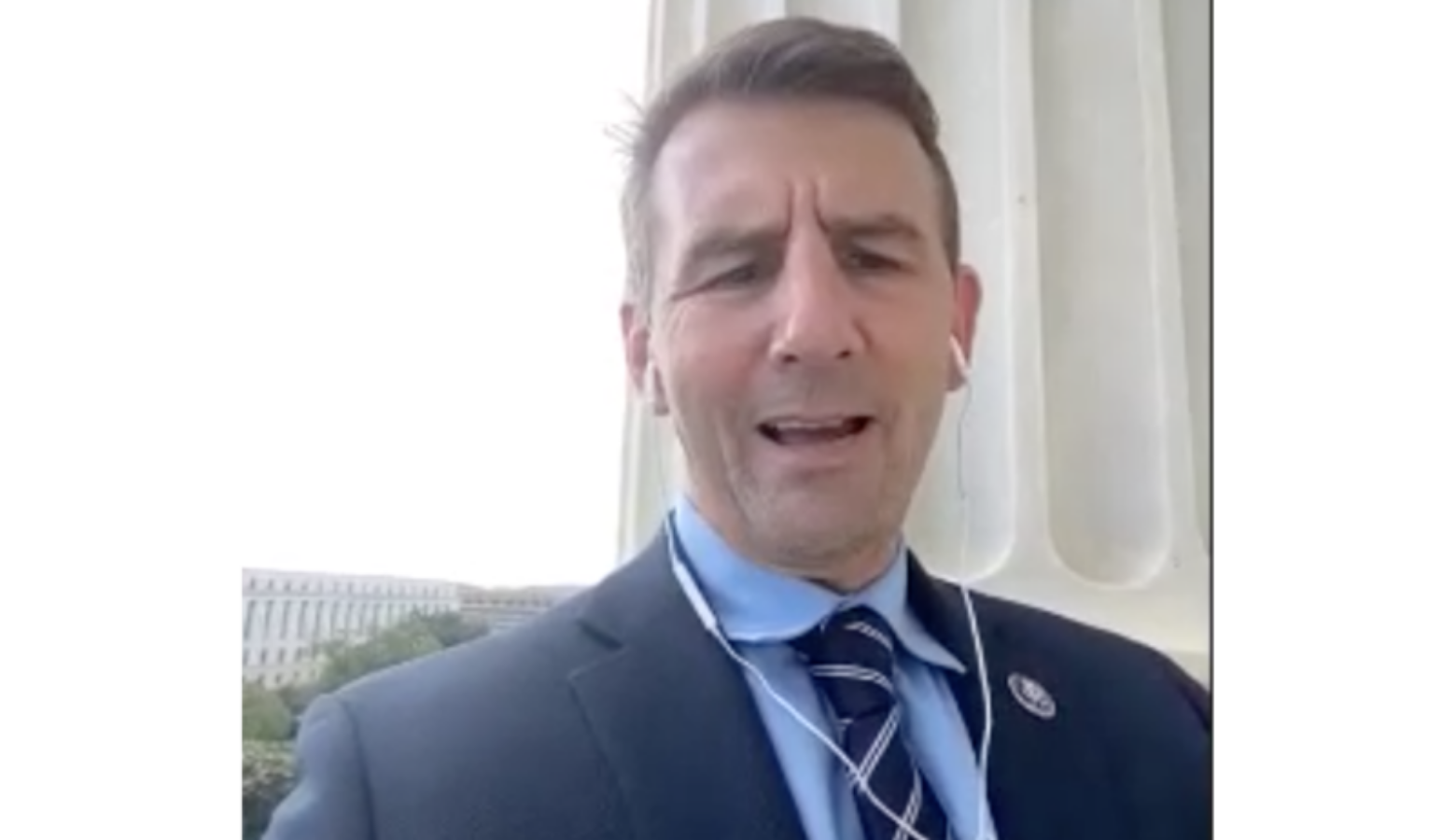U.S. Rep. Mrvan Advocates For Wind, Solar Training In Infrastructure, Reconciliation Bills

Wind turbine service technician and solar panel installer are two of the fastest growing jobs in the U.S. If passed, the infrastructure and budget reconciliation bills making their way through Congress are only going to increase demand for those workers.
U.S. Rep. Frank Mrvan (D-Highland) said training Hoosiers to work these jobs will be critical.
The median pay for wind turbine workers in the U.S. last year was about $56,000 a year, for solar panel installers it was $46,000. But Hoosiers won’t be able to access these jobs without training.
Mrvan said it’s his goal to secure funding in the infrastructure and reconciliation bills for apprenticeship and other workforce development programs.
“Those are clean jobs, those are union jobs, and those are jobs that are able to sustain people’s families. They’re able to sustain a pension, they’re able to sustain health care, putting kids through college,” he said.
Among other things, the bills would also increase the need for more workers for roads, bridges, water pipes, airports, and mass transit. Some analysts are concerned the demand for workers will outpace the funding to train them all.
Join the conversation and sign up for the Indiana Two-Way. Text “Indiana” to 73224. Your comments and questions in response to our weekly text help us find the answers you need on statewide issues.
Mrvan said funding for child care and senior care will also create more opportunities for women in Indiana.
“The pandemic has been extremely hard. There’s been an economic crisis, and the percentage of women statistically who have gone back into the workforce is at too low of a level,” he said.
Mrvan also mentioned the double track rail that will connect northwest Indiana to Chicago — which is expected to boost the economy in those communities as commuters look for cheaper housing.
Contact reporter Rebecca at rthiele@iu.edu or follow her on Twitter at @beckythiele.
Indiana Environmental reporting is supported by the Environmental Resilience Institute, an Indiana University Grand Challenge project developing Indiana-specific projections and informed responses to problems of environmental change.

